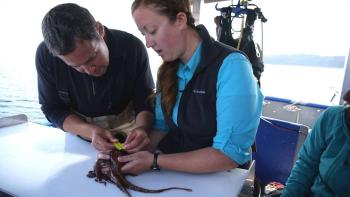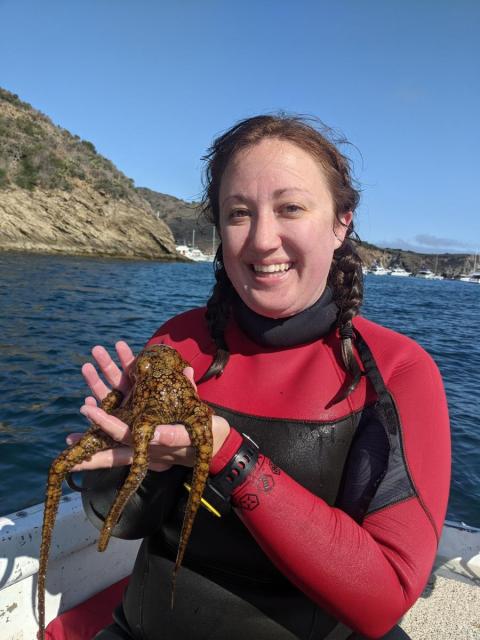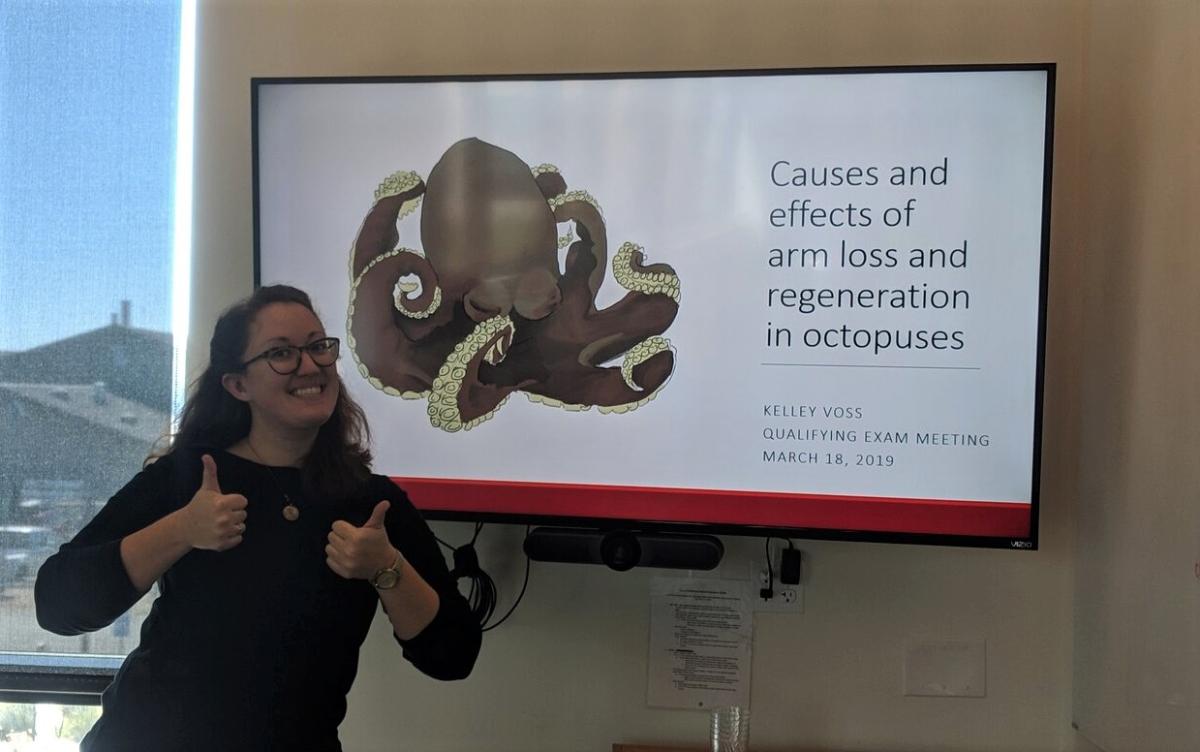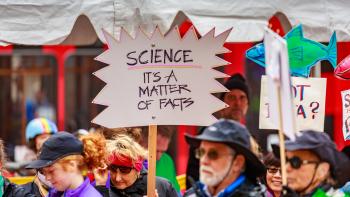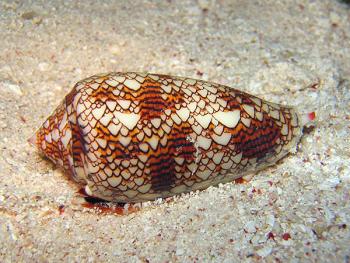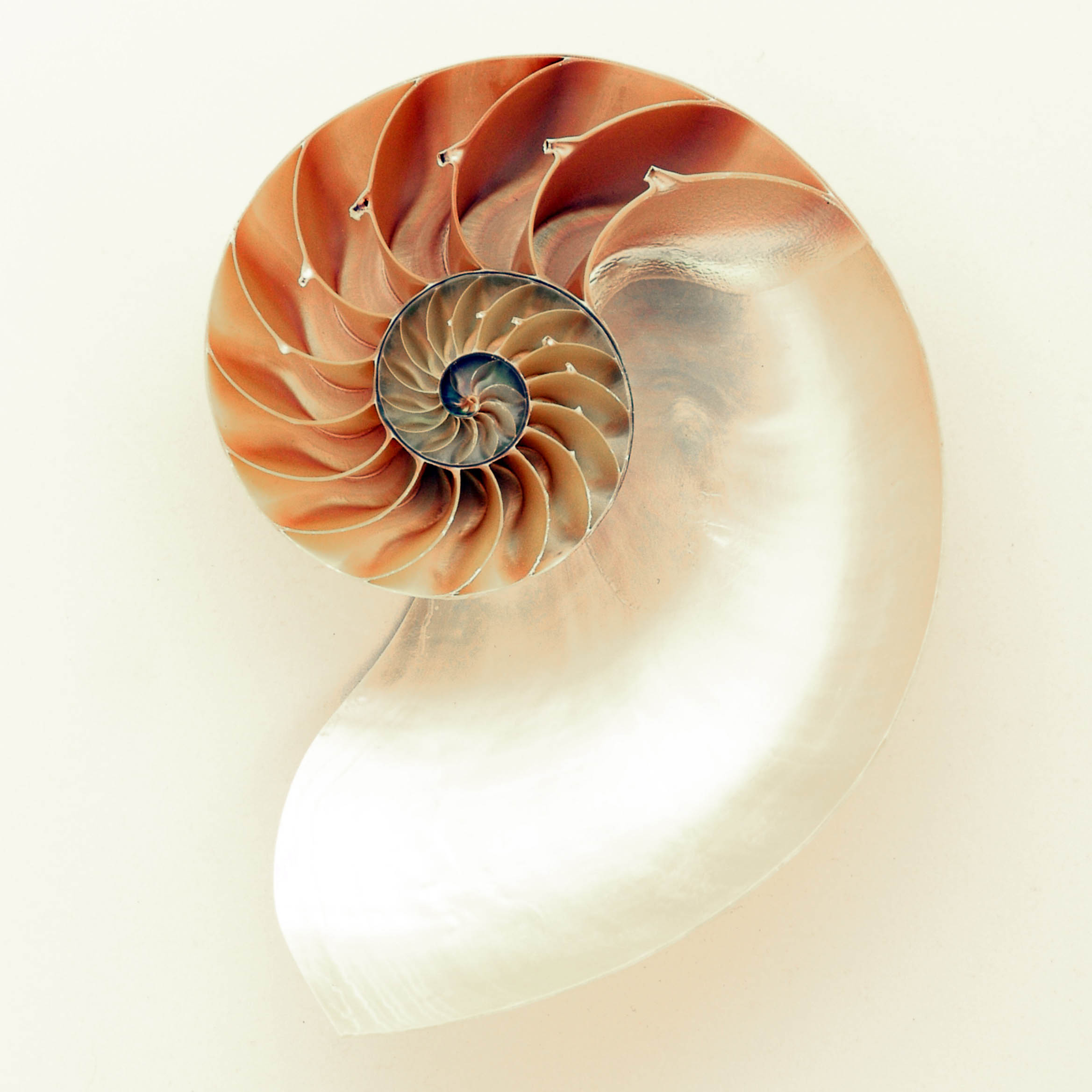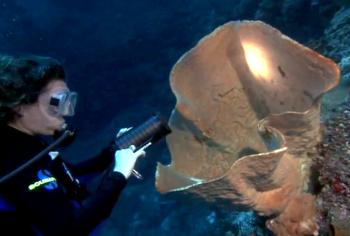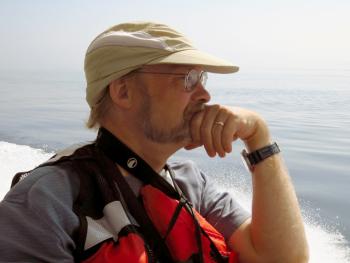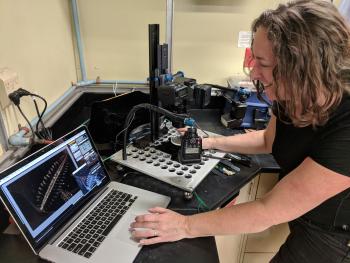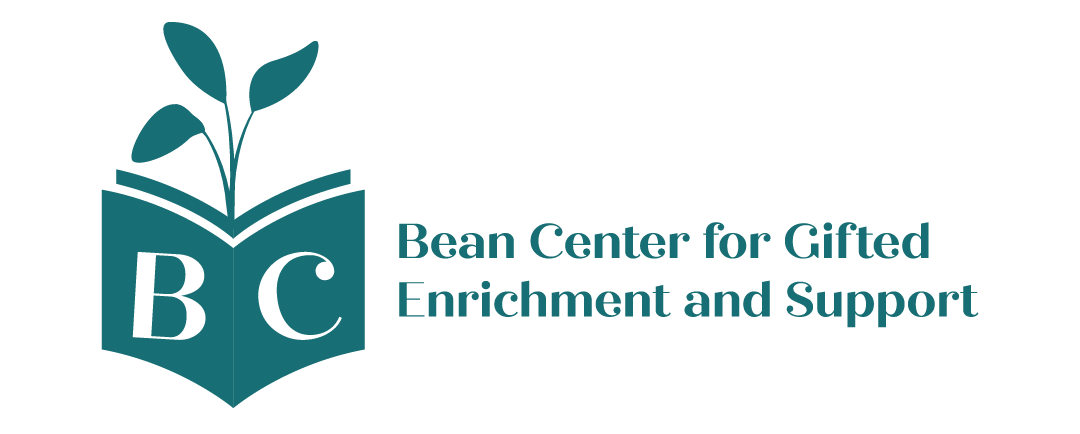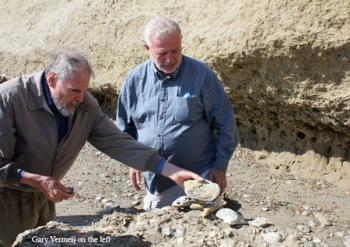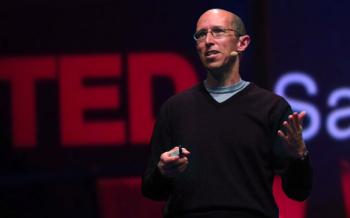“I have the honor to return to my community college roots as a tenure-track instructor at Pasadena City College. I am really enjoying the innovative initiatives happening in my department. It’s a very full circle moment in my career!”
We’re always thrilled to see how many community colleges use Shape of Life resources in their biology classes. That, among many other things, is what makes Kelley so interesting to us. Not only did Kelley develop her love of marine biology at Sacramento City College (SCC), but it’s also where she became enamored with octopuses.
How do octopuses use and lose their limbs in predator-prey interactions? Does a moray eel prefer one octopus appendage over another?
Kelley’s Origin in Research
According to Kelley, she can’t have a single conversation at a party without wildly gesticulating about octopus arms. While working with her Ph.D. advisor, Rita Mehta, at UC Santa Cruz, Kelley developed her identity as a researcher. “We developed a cool set of studies that helped us understand whether certain octopus arms were being bitten off more frequently by predators. My work showed that we can understand an individual octopus’ history by examining its body. As you can imagine, octopuses are often difficult to observe in the wild due to their lifestyle and camouflage skills.”
Today, Kelley’s new full-time job is teaching at Pasadena City College where she is integrating herself into her department and getting to know students. “I still work on publishing a few papers from my dissertation research, where I came up with a system to quantify the extent of arm loss in an injured octopus and describe defense behaviors O. bimaculatus uses against California morays. Eventually, I plan to develop projects for my students with other researchers to give them experience in preparation for their transfer to earn a bachelor’s degree.”
Teaching Diversity
As a professional biologist, Kelley has known for a long time that diversity is one of nature’s best and most fundamental mechanisms of survival and innovation. She carries this perspective into her classroom where she recognizes the importance of social diversity in her students.
“It only makes sense for us as a human species to foster diversity in order to persist and improve in all aspects of our lives. My life largely revolves around biology education, so my mission is twofold: to leverage my position in creating equitable space for the next generation of people in STEM, and to do what I can to help them thrive.”
Kelley’s commitment to equity in STEM education is based upon first-hand experience. “I would not have gotten the career opportunities I’ve had were it not for a more experienced woman offering me a hand up. It is imperative to me that I offer the next hand up.”
Today’s Struggle with Teaching Science
Kelley believes that the struggle with teaching science today has a lot to do with the high availability of information with a low availability of appropriate context. “There is endless misinformation that regularly manipulates how students view evolution, conservation, health, nutrition, physiology, climate change, and other topics that are well-supported by scientific evidence but deemed ‘controversial.’ We live in a time where unfounded challenges to scientific consensus can become dangerous, from public health crises to climate disaster, to threats of violence intended to defend deeply held (and deeply inaccurate) beliefs.”
The Rewards
In Kelley’s last year of graduate school, she was voted as one of two Teaching Assistants of the Year in her department. When asked about this, Kelley responds, “they gave me a letter with quotes collected from my students about why they enjoyed learning from me, and what I did for them. It’s honestly one of the most precious documents I’ve ever been given.”
We believe Kelley’s deeply held understanding of the importance of diversity in both biology and her classroom offers a terrific advantage to her students. Please follow this link to learn more about Kelley and her research.
